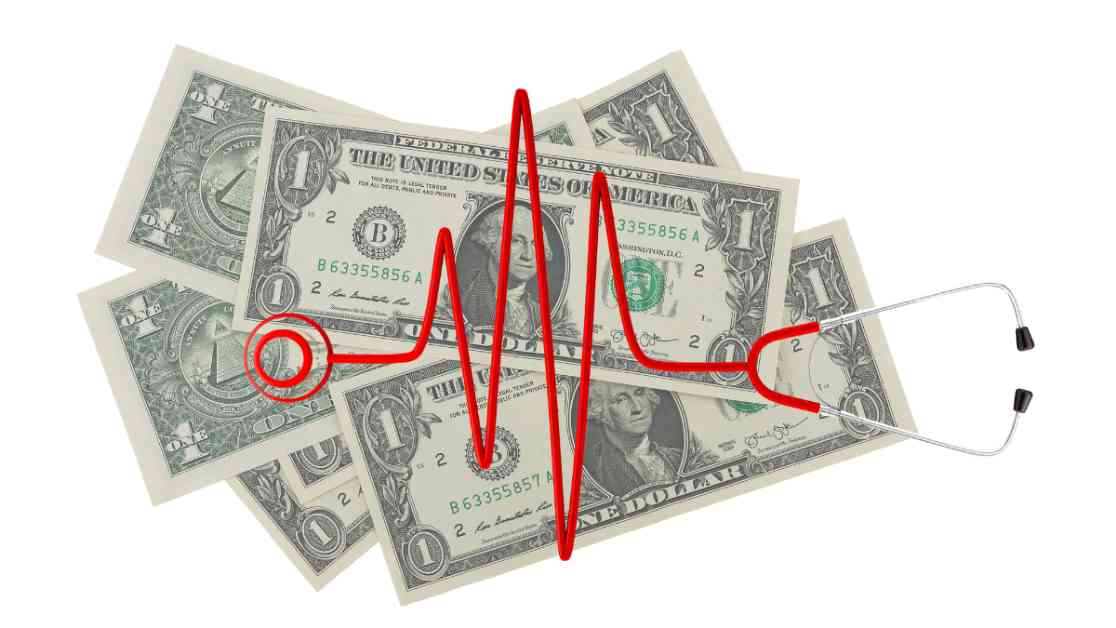Patient and consumer advocates are turning to Kamala Harris for help with medical debt issues should she win the upcoming presidential election. Harris is seen as the best candidate to maintain access to health insurance for Americans, which experts believe is crucial in preventing individuals from falling into debt due to medical expenses. Financial protections for patients have been expanded by the Biden administration, including a proposal to remove medical debt from consumer credit reports and limiting out-of-pocket costs for Medicare enrollees.
Despite these efforts, advocates feel that more needs to be done to address the medical debt crisis affecting 100 million Americans. Many individuals are forced to take on additional work, give up their homes, and cut back on essential expenses due to mounting medical bills. The next administration and Congress are urged to prioritize tackling this issue.
Concerns are raised by patient advocates that a potential second term for former President Donald Trump could weaken insurance protections and put more Americans at risk of accumulating medical debt. Trump’s previous attempts to repeal the Affordable Care Act and his ongoing attacks on the ACA raise fears about the future of healthcare coverage in the country.
While Trump has not provided specifics about his healthcare agenda, Harris has pledged to protect the ACA and extend subsidies for insurance premiums. She also supports government spending to retire old medical debts for patients. Efforts to purchase medical debt in various states and cities have provided temporary relief for many individuals, but long-term solutions are needed to address the root causes of medical debt.
Proposed regulations by the Consumer Financial Protection Bureau to prohibit medical bills from consumer credit reports could help improve credit scores and increase financial opportunities for millions of Americans. Harris has expressed strong support for these regulations, emphasizing the importance of ensuring economic opportunities for individuals regardless of their medical history.
Advocates are also calling for stricter oversight of medical credit cards and other financial products offered by hospitals to patients. These products can add to the financial burden of individuals already struggling with medical debt. Some are urging federal agencies like the Health and Human Services department to take action to address medical debt by leveraging government programs like Medicare and Medicaid to hold medical providers accountable.
In conclusion, while steps have been taken to address medical debt at the federal level, more comprehensive and long-term solutions are necessary to protect Americans from the financial burden of healthcare expenses. Harris’ support for regulations and initiatives to alleviate medical debt is seen as a positive step, but ongoing efforts by policymakers, advocacy groups, and regulatory agencies are essential to ensure that individuals are not overwhelmed by medical bills.














